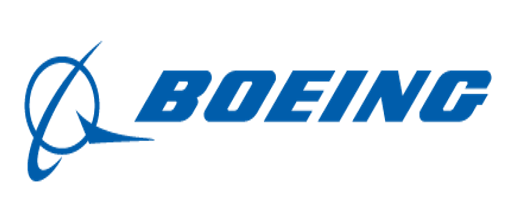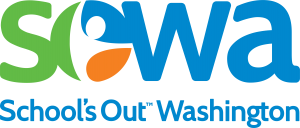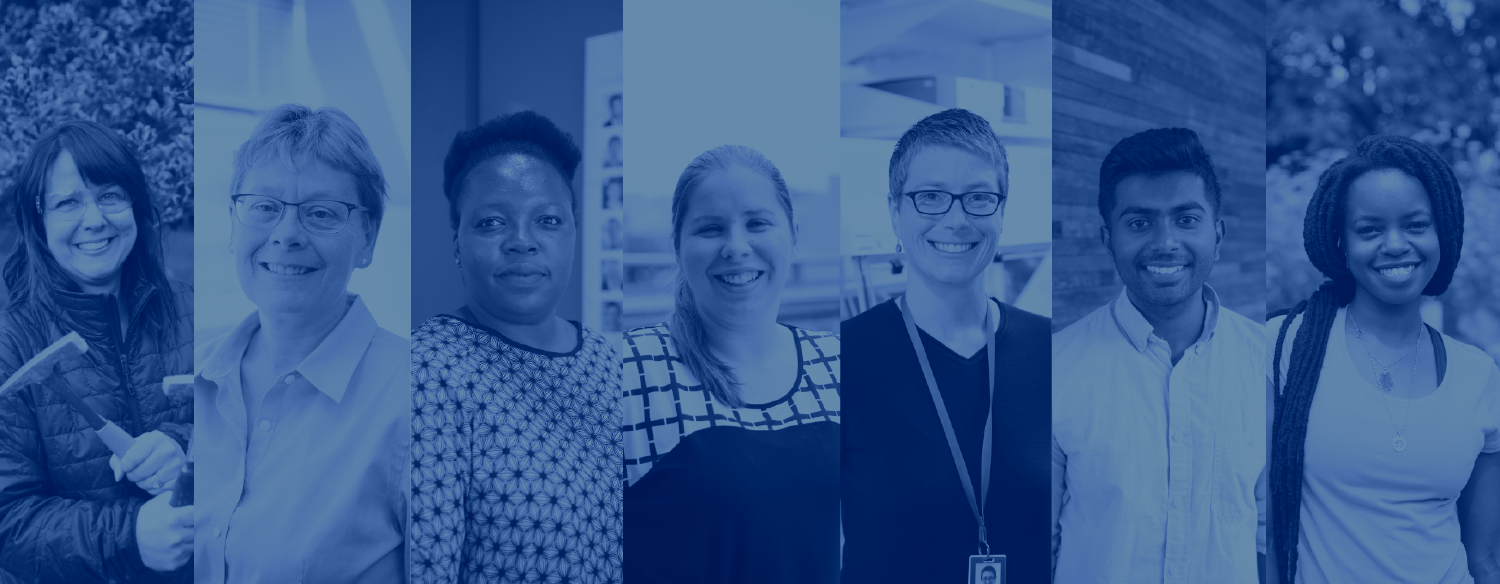Systems Thinkers in STEM Ambassadorship (STiSA)
This page captures the history of STiSA. The most recent year of programming is at the top of the page. If you are interested in this year’s program, please visit this page for current programming descriptions.
Everyone who fully completed an application was invited via email to attend this workshop to learn about systems. This 2-hour workshop prepared attendees to become a systems thinker in STEM. During the workshop, participants did the following:
- Learned what systems are
- Used an online modeling tool to create and modify a systems model
- Learned about systems thinking skills and why they are important
- Explored how systems thinking is used by STEM professionals.
- Provided an opportunity to build 21-st century learning skills, gain knowledge of STEM careers, pathways, and workplaces, and strengthen STEM identity and aspirations.
Agenda Overview:
| 10 minutes | Opening & Introductions |
| 40 minutes | LEARN about systems and models |
| 5 minutes | Break |
| 30 minutes | DEVELOP systems thinking skills |
| 30 minutes | APPLY your knowledge & skills to a complex problem |
| 5 minutes | Next steps: YOU can become a systems thinker in STEM |
After students attended this 2-hour workshop, they were invited to join the 2022-2023 or 2023-2024 or 2024-2025 Systems Thinkers in STEM Ambassador Slack channel. This allowed Ambassadors to stay connected with our team and each other to hear about upcoming opportunities to advance their systems thinking in STEM. This Slack channel was an opportunity to learn more about STEM systems, to collaborate on projects, and to build connections with peers and ISB staff. The SEE team regularly used this channel to share STEM-related opportunities at ISB, at the numerous partner organizations in our network, and as projects as projects Ambassadors could lead in their community. These opportunities included STEM projects led by AmeriCorps members related to the environment and health. This Slack network was the perfect way to get more involved in STEM and the community throughout the years ahead.
2024-2025 & 2023-2024’s STiSA was different from the 2022-2023 program. In 2022-2023, we were only able to offer the 2-hour Systems Are Everywhere workshop. In 2023, after completing the Systems are Everywhere workshop and becoming an Ambassador, students’ had the opportunity to choose between two micro-courses: Introduction to Systems Medicine and Environmental Systems, Research, and Stewardship. The third and final course in the progression was Learning in Motion: Taking Action in your Community. Here is an overview of the courses:
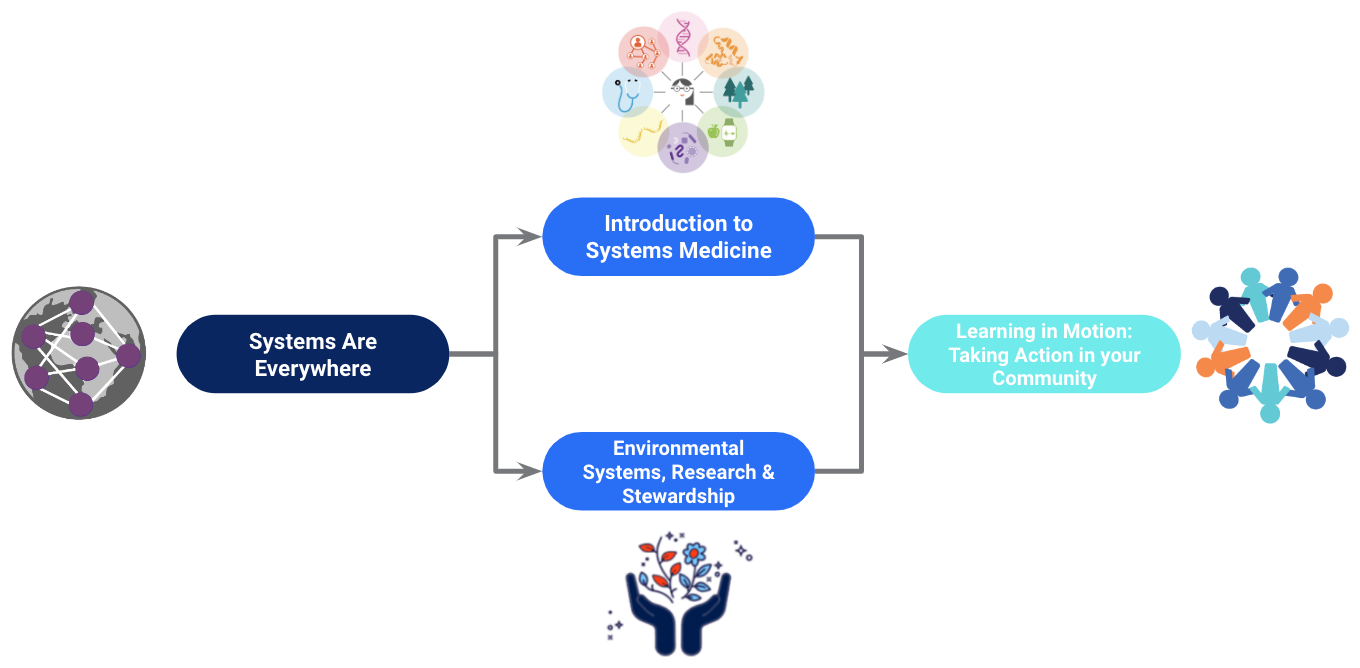
- Introduction to Systems Medicine – Students were introduced to the concept of systems medicine (medicine that is predictive, preventative, personalized and participatory), and how researchers and physicians alike can use this perspective to understand the human body as a complex network of networks.
- Environmental Systems, Research, and Stewardship: Students dove into an exploration of how environmental stewardship connects to systems biology, and learned how environmental science research at all levels plays a key role in the fight against global climate change.
- Learning in Motion: Taking Action in your Community – This micro-course was designed to inspire students to become active participants in their local communities. Students explored how to identify needs and opportunities within their target community, how to develop a vision and goals for an action project, and reviewed best practices for identifying and engaging with key stakeholders.
After the workshop, students were invited to remain connected with the SEE team as they co-created and launched a mentored project that was featured on our website and through social media.
In 2023-2025, we were able to expand the course offerings! Here’s a graphic displaying all of the course we offered:
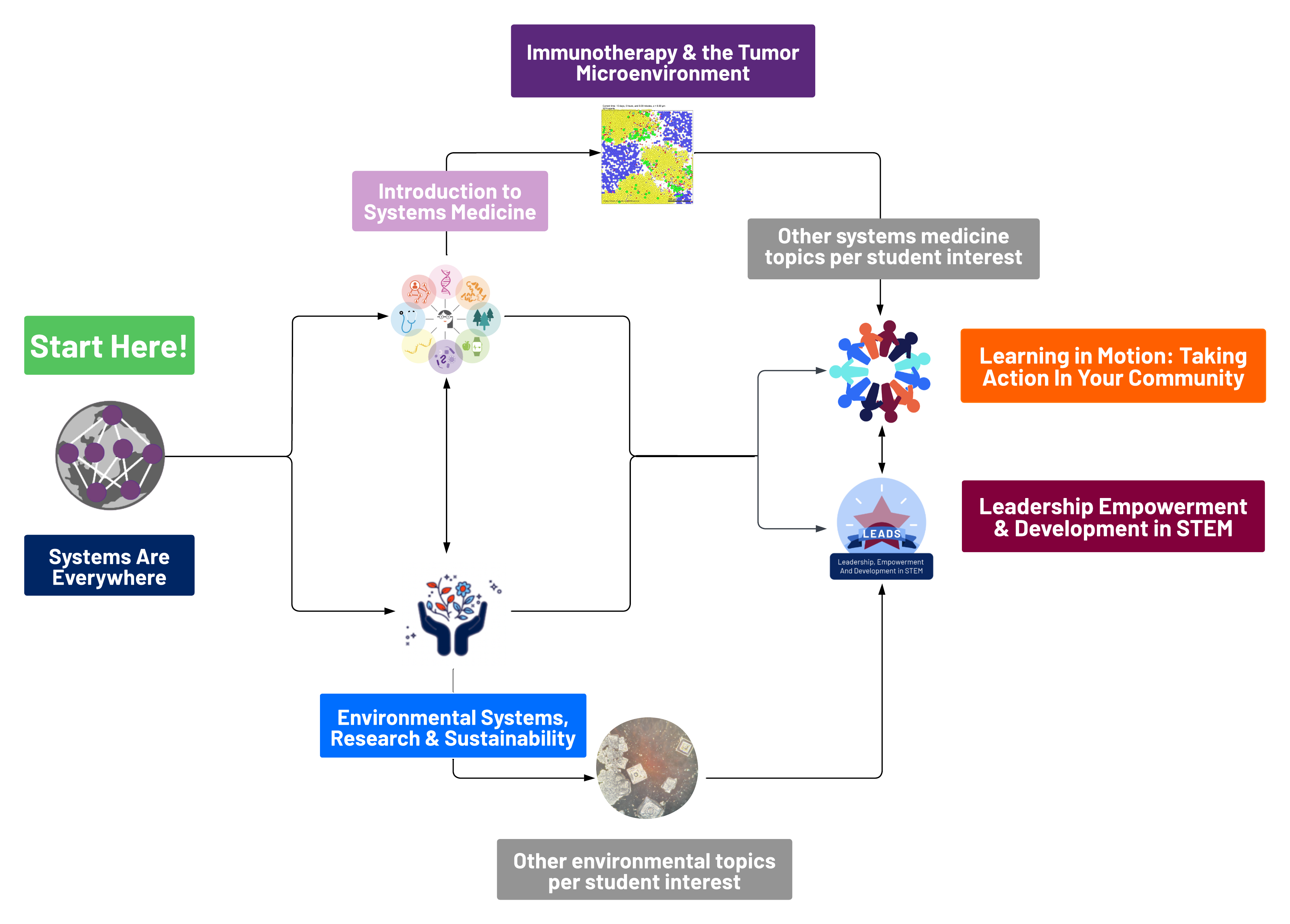
New micro-courses descriptions:
- Personalizing Disease Treatments – Once students took Introduction to Systems Medicine they had the opportunity to dive deeper into the topic of personalized medicine. In 2023-2024, there were two ways to do this.
- One option was through the lens of immunotherapy. Immunotherapy and the Tumor Microenvironment was a 1-hour online course that introduces students to the basics of using Python. No prior coding experience was required.
- A second option was an in-person opportunity. Personalizing Disease Treatments for Breast Cancer Patients was a 3-4 hour hands-on, lab-based course for students to use techniques that help researchers and clinicians determine metastasis.
- Leadership Empowerment and Development in STEM (LEADS) – After completing Systems Are Everywhere, students were invited to join a future cohort of LEADS. This program helps students build 7 major skills that are foundational to STEM leaders. See this page to learn more.
Please check out these amazing students by viewing their featured projects and profiles here and on our social media channels!
2021-2022 Systems Thinkers in STEM Ambassadorship (STiSA)
What is a system? Why is systems thinking important? How can systems approaches be used to address complex problems? These are just some of the questions we explored in our two-tiered online program for rising junior and senior high school students (current sophomores and juniors).
In addition to the learning objectives below, students that participated in this program had the opportunity to build their 21st-century learning skills, gain knowledge of STEM careers, pathways, and workplaces, and strengthen their STEM identity and aspirations.
Students participated in just Tier 1, or both Tier 1 & Tier 2:
| Tier 1 | Tier 2 | |
| Delivery Mode | All content and activities were delivered online using Zoom, and completed synchronously | All content and activities were delivered online using Zoom, and completed both synchronously and asynchronously |
| Commitment | 1x, 2-hour workshop |
|
| Timeframe | In 2021, workshops were offered throughout February, March and early April. | Courses were offered throughout Summer 2021. Ambassador activities ran through the Fall with an option for continuing throughout the academic year. |
| Eligibility | Rising high school juniors and seniors who fully completed our online application received a registration form to sign up for a workshop. Refer to our FAQ page for additional eligibility questions. | In 2021, students who completed Tier 1 were invited to select a course based on our modules. With over 400 eligible participants, we sent out a survey to schedule all interested students into a Tier 2 that best matched their interests. |
In Tier 1 of this interactive program students:
- Learned what systems are and how systems thinking is used by STEM professionals featured in our Systems Thinkers in STEM video series
- Used an online modeling tool to create and modify a systems model
- Learned about the 16 systems thinking skills and why they are important
- Created an infographic to develop their understanding of one of the systems thinking skills
- Tracked their systems thinking skills development using an innovative heatmap
In Tier 2 of this interactive program students:
- Applied their systems knowledge from Tier 1 to a new STEM topic area
- Engaged with content from one of our hands-on curriculum modules based on real-world phenomena
- Worked independently, in pairs or in a small group to develop an Ambassador project based on their learning from the course
- Showcased their project at a community event that began in November 2021 and will extend through June 2022. See this page for more!
- Learn more about 2021’s Tier 2 and beyond through these resources:
- Document with 2021 Tier 2 Details (http://bit.ly/Tier2-STISA)
- Timeline with links to more information on Tier 2 and beyond (http://bit.ly/STISA-Timeline-Slides)
- This timeline and the details sheet both describe what ambassadors did after they completed Tier 2. Current ambassadors continued by:
- highlighting their improved systems thinking skills by completing a Systems Thinkers in STEM Profile. Ambassadors also connected this to their Systems Thinking Heatmap.
- interviewing a scientist or STEM Professional and sharing that interview with others. Some ambassadors also worked with their interviewees by helping them complete Systems Thinkers in STEM profiles.
- working independently, in pairs, or in a small group to develop an Ambassador project based on what they learned during their Tier 2 course. Some replicated course materials with other students and some created new projects and/or resources.
- This timeline and the details sheet both describe what ambassadors did after they completed Tier 2. Current ambassadors continued by:
- Spreadsheet calendar (http://bit.ly/STISA-calendar) – Each month is displayed as a separate tab and contains both scheduled events and Tier 2 courses.
Thank you to our sponsors! If you are interested in supporting and/or sponsoring this program, please visit https://give.isbscience.org/STEM-education. Thank you!
